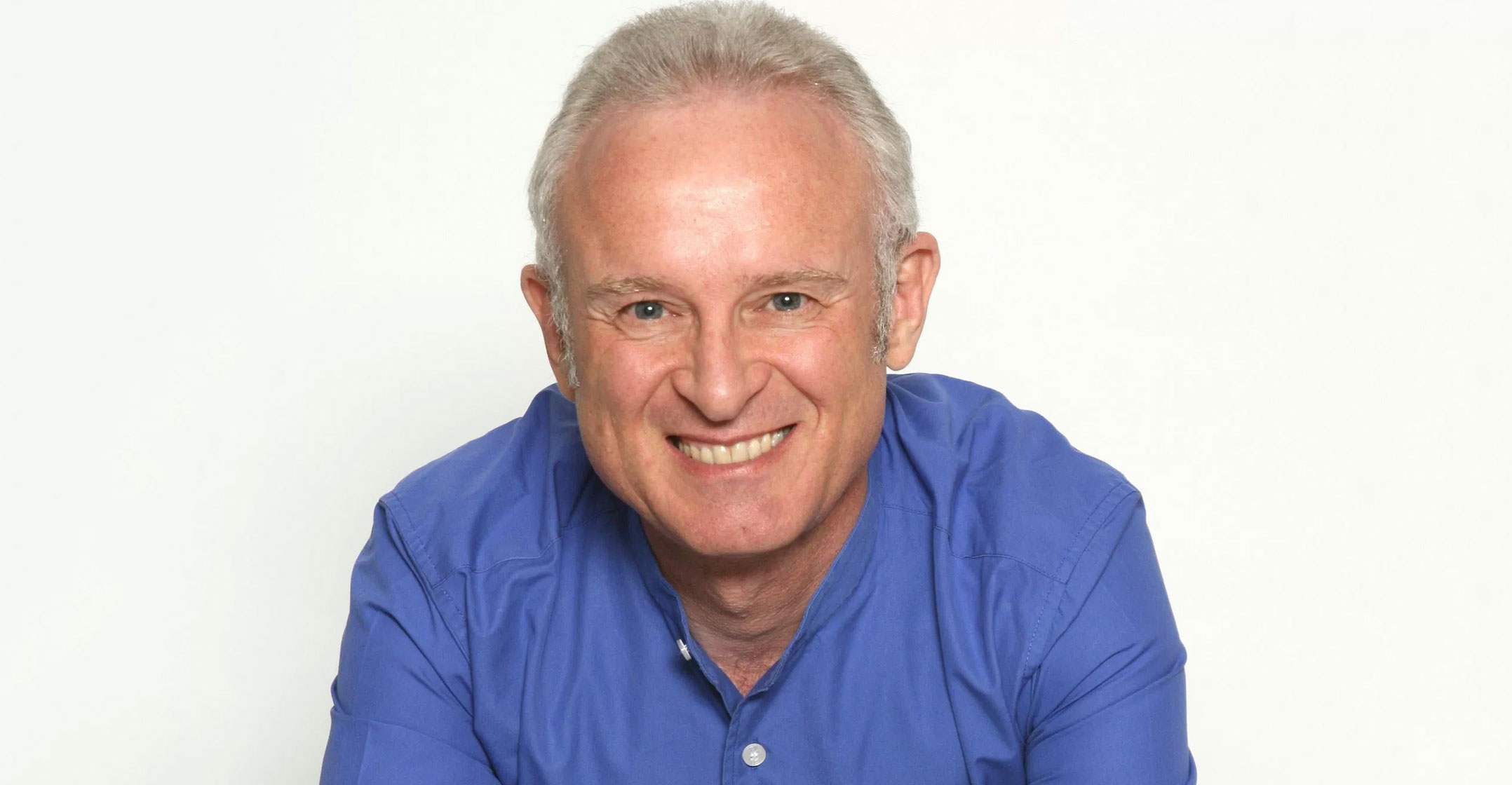
[dropcap]I[/dropcap]nternet penetration has reached 75% of the population in the Western Cape and 54.7% in Gauteng, but other, more rural provinces have fallen far behind, new research from World Wide Worx shows.
The company’s Internet Access in South Africa 2017 study, conducted in partnership with open-access fibre provider Dark Fibre Africa (DFA), shows just 25.2% of people in the Eastern Cape have Internet access.
Mpumalanga, North West and the Northern Cape don’t fare much better, with the numbers in those provinces at 26.5%, 32.1% and 32.9% respectively.
KwaZulu-Natal is placed third behind Gauteng at 39.2%, followed by the Free State (36.1%) and the Northern Cape (32.9%).
According to DFA chief strategy officer Reshaad Sha, the clearest divide is revealed in income disparity.
Among adult South Africans earning more than R30 000/month, Internet penetration is at 82.4%. Penetration declines rapidly as income declines, falling to 61.3% for those earning between R14 000 and R18 000/month, 42% for those earning between R3 000 and R6 000/month, and below 30% for those earning below R2 500/month.
Education is also a barrier to Internet access, with less than 20% access among all segments that have below grade 7 education. Fewer than 40% of those with less than a grade 11 education have Internet access. For those with a post-matric qualification, the average is 71.6%.
Internet penetration
Encouragingly, the World Wide Worx study shows that the South African Internet user population passed the 20m mark for the first time last year, reaching 21m, and is expected to grow to at least 22.5m in 2017.
Based on Statistics South Africa’s estimate that the South African population reached 55.9m people in June 2016, this means that the country will reach the 40% Internet penetration mark this year, the researchers said.
“Finally reaching the point where we can say every second adult South African is connected to the Internet is a major landmark, because Internet access is becoming synonymous with economic access,” said Sha. “For this reason, it is critical that the country prioritise the roll-out of infrastructure in underserved areas, especially outside the major metropolitan areas.”
Most South Africans connect to the Internet exclusively using mobile technologies. But Sha believes there is room for fixed lines to grow, particularly as consumers realise the potential to use fibre access to displace other services, such as pay television subscriptions, to make it more affordable.
The report reveals that the single most common use of the Internet among South African adults is communication, reported by 31% of respondents, followed by social networking (24.9%) and information (23.7%). Only then comes entertainment at 22.1%.

The report includes data from the Target Group Index (TGI) survey conducted by Ask Afrika. World Wide Worx collaborates with Ask Afrika in the structuring of e-commerce, digital, and electronics components of the TGI, which comprises 15 000 interviews across a range of consumer topics and behaviours.
The question on primary uses of the Internet was answered by a sample representing 4.1m South African adults across all income and education levels.
Barriers
While communication is the single most important use, e-mail is reported by only 16.1% of respondents, indicating that it is becoming a less important element of the communications mix as social media becomes a default channel.
Shopping and finance is cited by only 15.2% of respondents, confirming previous research that showed e-commerce was still not a major element of South African retail in general.
“Over time, we will see higher proportions of people engaging in a wider range of activity, but the barriers to more active use will first have to come down,” said World Wide Worx MD Arthur Goldstuck. — (c) 2017 NewsCentral Media




